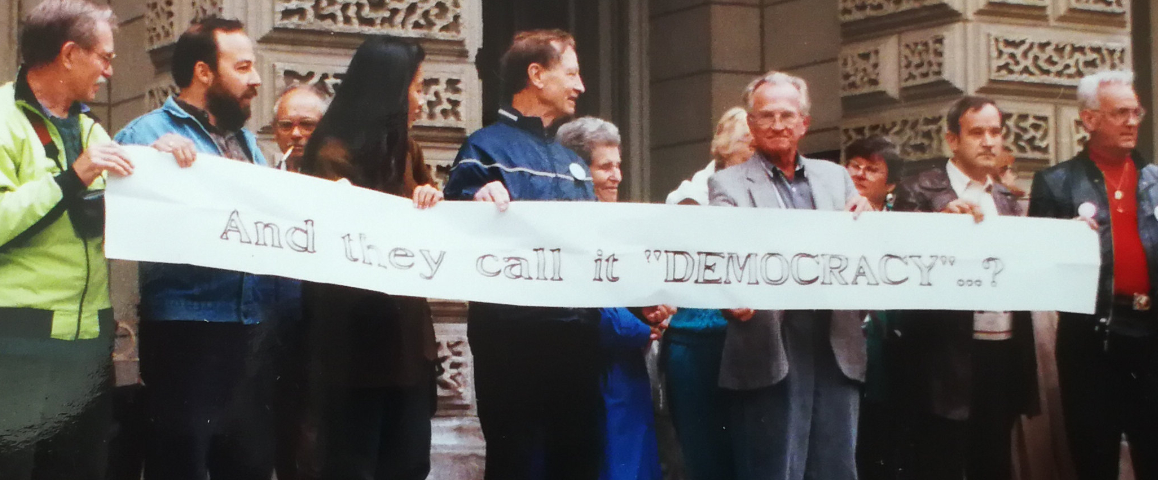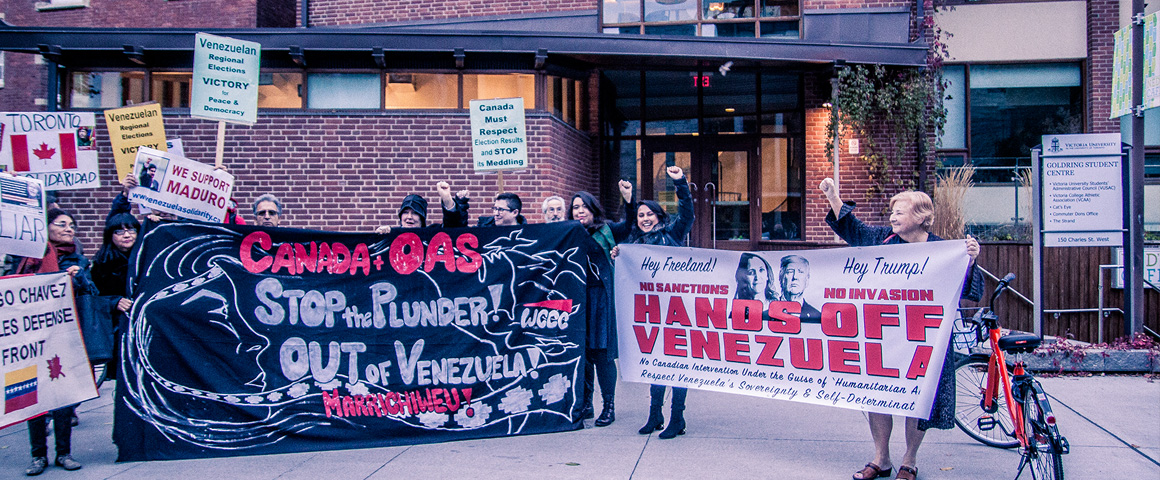Can a wealthy country such as Canada find ways to tackle the massive problems of homelessness and unaffordable housing? On any given night, over 35,000 people in Canada are homeless, and one in five household spend half of their income on rent. As long as federal and provincial governments refuse to address this crisis, no serious progress is likely. Instead, municipalities are left holding the bag, usually responding with feeble bylaw changes or “incentives” to urge developers to include a handful of “affordable” units and some public amenities as part of huge new condo projects in major cities.
So it’s remarkable to read that China completed 7.72 million units of affordable housing in urban areas in 2015, according to official data reported by the Xinhua news agency. China’s Ministry of Housing and Urban-Rural Development adds that last year, 6 million dilapidated urban homes were renovated, with a goal of rebuilding 18 million such homes between 2015 and 2017. The country invested $237 billion U.S. last year in its affordable housing program, aimed at low-income families that have been priced out of the property market.
This is not to ignore the serious social and economic contradictions which affect China in its current period, including a growing “wealth gap”. But these numbers represent a sharp contrast to Canada, even considering that China has 40 times the population of and five times the GDP of our country. Comparable numbers here would mean spending $6 billion annually, to build 200,000 new units of affordable housing and renovate another 150,000 urban housing units every year. The Universal Declaration of Human Rights signed by Canada includes the right to adequate housing among its provisions. The new federal government should be pressed to establish a national housing program to help achieve this goal.



